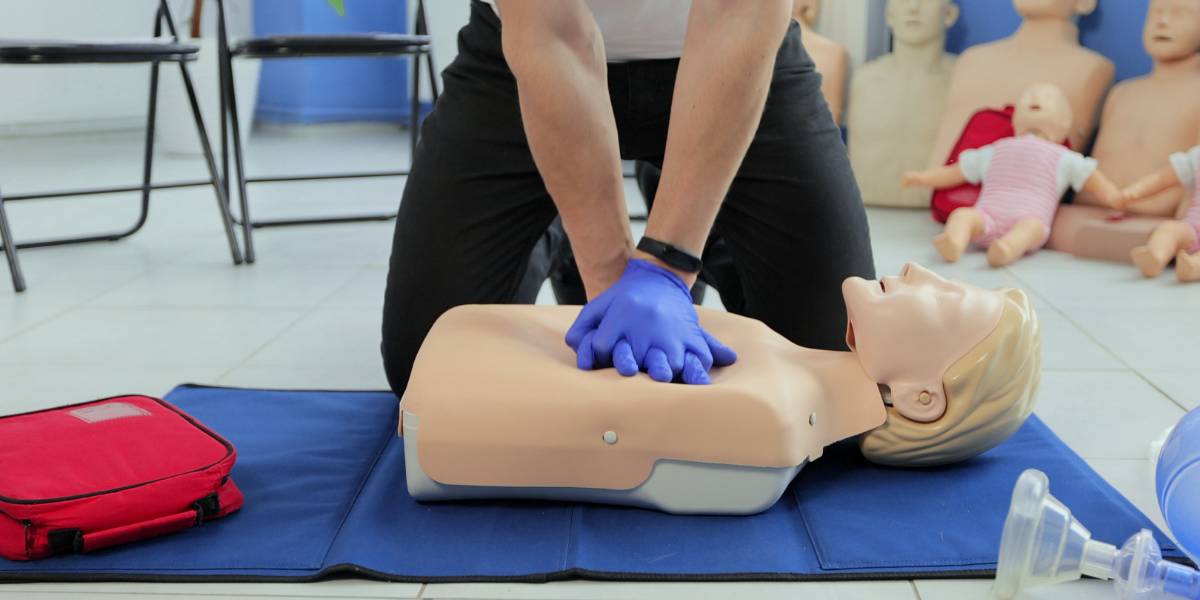Blindness is one of the many, albeit rarer, complications of uncontrolled diabetes.
Having higher than normal blood sugar levels is not a direct cause of blindness, but it does increase the risk of developing serious eye conditions such as diabetic retinopathy, which over time can lead to permanent loss of sight.
The leading cause of blindness in people of working age in the UK is diabetic retionpathy, the common form of diabetic eye disease – a complication of diabetes that damages the retina.
How does diabetes effect the eyes?
Over time, uncontrolled blood glucose levels can cause damage to the small blood vessels within the retina – the light-sensitive layer of cells at the back of the eye that converts light into signals for the brain.
This damage can cause vision loss in the affected eye in two ways:
- Weak, abnormal blood vessels can develop on the surface of the retina and leak fluid onto the centre of the eye, blurring vision. This is known as proliferative retinopathy, the most advanced stage of the disease.
- Fluid can leak from the blood vessels into the centre of the macula, the small, highly sensitive central area of the retina that provides our central vision, causing it to swell. This is known as macular oedema and can occur at any stage of diabetic retinopathy.
Left untreated, people with diabetic retinopathy run the risk of severe vision loss or even blindness in one eye or both of their eyes.
- Read our guide on diabetic retinopathy for more information on the causes, risk factors, symptoms and treatment of this long-term complication.
Is everyone with diabetes at risk of retinopathy?
All people with type 1 or type 2 diabetes are at risk of developing diabetic retinopathy. The longer someone has diabetes, the greater their risk of visual impairment.
Retinopathy can also be a problem for women with diabetes during pregnancy
How can I reduce my risk?
For people with diabetes, the best way to protect your eyesight is to keep your blood sugar levels within the recommended target range, or in other words, as close to normal as possible.
In addition to maintaining tight glycemic control, studies have shown that controlling blood pressure and cholesterol levels can also reduce the risk of vision loss and improve your overall health.
To find out what your blood sugar levels should be, see our guide on blood sugar level ranges
Coping with vision loss
Fortunately, there is wide range of support available to people with sight difficulties. Advances in technology have led to significant improvements in management aids for people with diabetes-related vision problems.
- For more information see our guide on diabetes and visual impairment







